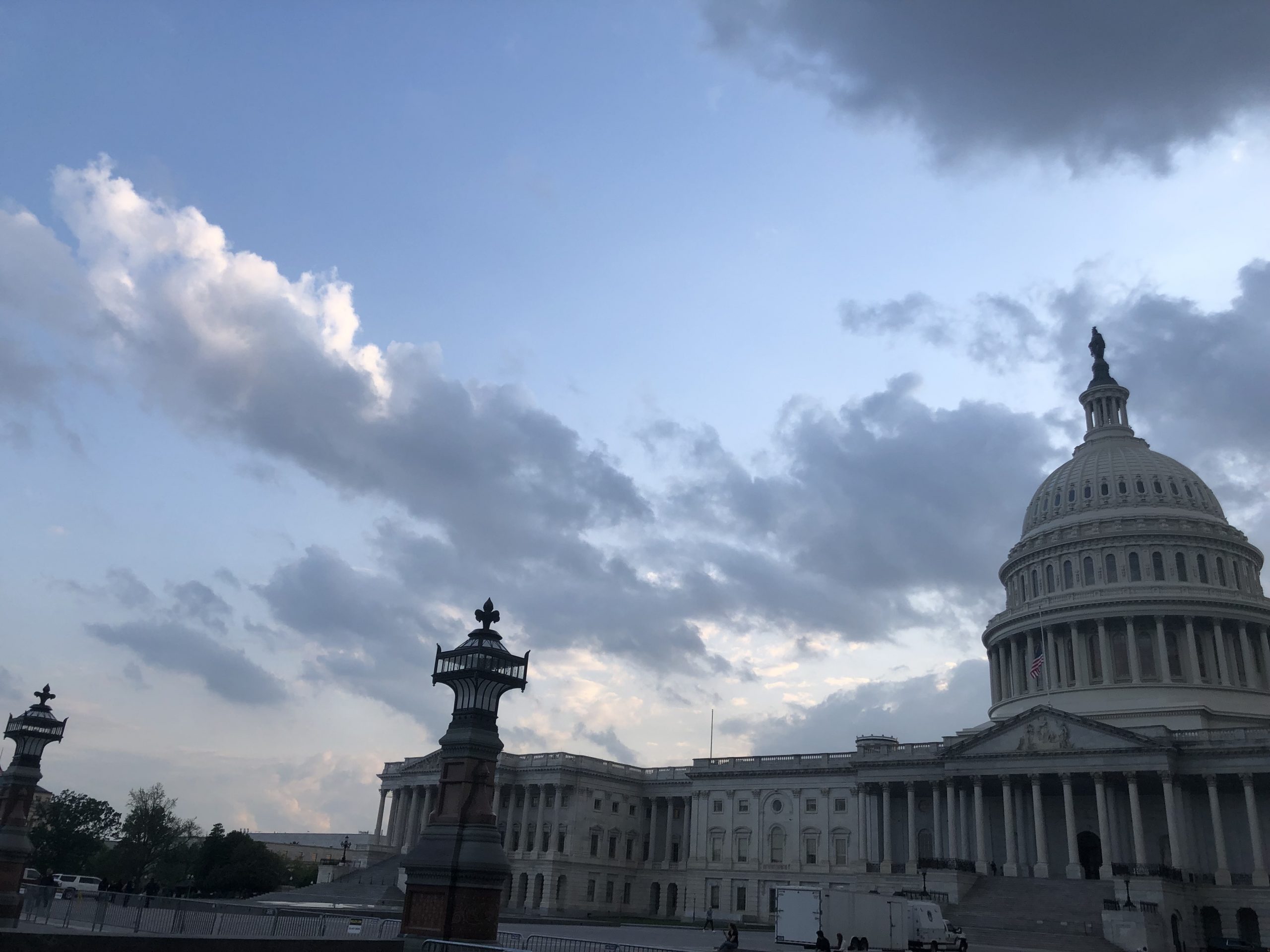SCOTUS NEWS
Roberts declines invitation to testify at Senate hearing

on Apr 26, 2023 at 11:01 am

Chief Justice John Roberts on Tuesday night “respectfully decline[d]” an invitation from Sen. Richard Durbin (D-Ill.) to appear before the Senate Judiciary Committee at a hearing next week. Durbin had asked Roberts to testify about Supreme Court ethics rules and potential reform.
Durbin’s letter to Roberts followed an April 6 ProPublica report on Justice Clarence Thomas’ failure to disclose extensive luxury travel, including trips on private jets and superyachts, paid for by a Republican megadonor, Harlan Crow. In a statement on April 7, Thomas characterized the trips as “personal hospitality” from a friend, and he said that he had been advised that he did not have to disclose them.
On April 13, ProPublica reported that in 2014, Crow had purchased a Savannah home owned by Thomas, his mother, and the family of his late brother. Crow spent tens of thousands of dollars to renovate the property, where Thomas’ mother still lives. Thomas did not disclose the sale of the property; he has not issued a public statement on his failure to report it.
And on Tuesday morning, Politico reported that shortly after he was confirmed, Justice Neil Gorsuch sold a Colorado property that he co-owned to the chief executive of a law firm with business at the Supreme Court. Politico’s Heidi Przybyla wrote that Gorsuch had been seeking a buyer for the property for nearly two years, but did not sell it until the spring of 2017, after President Donald Trump named him to fill the vacancy on the court created by the 2016 death of Justice Antonin Scalia. Gorsuch did not disclose the identity of the purchaser, Brian Duffy of the Greenberg Traurig law firm, on his financial disclosure forms.
In his letter inviting Roberts to testify, Durbin noted that Roberts’ “last significant discussion of how Supreme Court Justices address ethical issues was presented” in his 2011 year-end report. “Since then,” Durbin continued, “there has been a steady stream of revelations regarding Justices falling short of the ethical standards expected of other federal judges.” The Supreme Court’s “decade-long failure to address them has contributed to a crisis of public confidence,” Durbin concluded.
Roberts’ letter explained that testimony before the Senate Judiciary Committee by chief justices has been “exceedingly rare – as one might expect,” he suggested, “in light of concerns” about judicial independence and the division of power among the three branches of government.
Roberts attached a “Statement on Ethics Principles and Practices,” bearing the names of all of the current justices, to his letter. The statement did not directly address any of the issues raised by the ProPublica stories. The statement noted, among other things, that the justices “consult a wide variety of authorities to address specific ethical issues,” including their colleagues and lawyers at the court. The statement added that although the Judicial Conference of the United States, which manages the lower courts, “does not supervise the Supreme Court,” it has long “contributed to the development of a body of ethical rules and practices … which are of significant importance to the Justices.”
This article was originally published at Howe on the Court.


